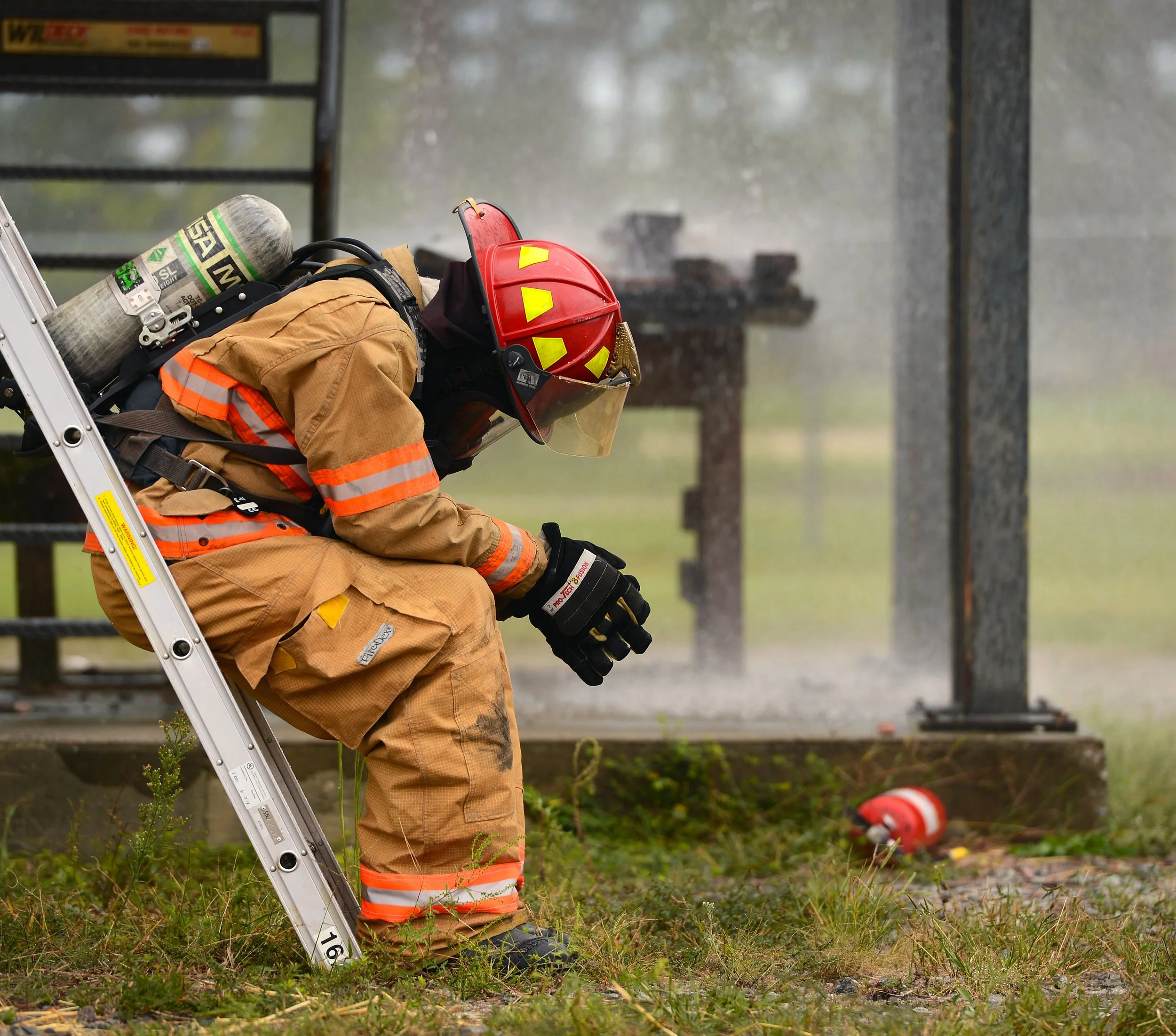
TRAUMA RECOVERY
Trauma and adverse life experiences are part of the human condition and collective suffering. All traumatic events are uniquely personal and different for each individual. Post-traumatic stress in the body and mind are normal reactions in the face of abnormal experiences, as we can continue to fight for safety, protection, and survival well after the event(s). The ongoing need for protection has many negative consequences and can rob us of joy, creativity, and connection with self, others, and the world around us. Successful treatment and healing often requires multiple approaches addressing the imbalances between mind, body, spirit, and community, where post traumatic growth is actually possible.
Commonly associated with the military, law enforcement, and first responder communities, Post-traumatic Stress Disorder (PTSD) can be a result for any type of traumatic experience, experienced directly or as a witness. Secondary, vicarious, or shared trauma as a caretaker, mental health, or medical professional caring for sick individuals and families may also struggle with PTSD. Childhood abuse victims and domestic violence victims can also suffer with more complex PTSD.
Common symptoms that may persist include, but are not limited to:
Re-experiencing symptoms: intrusive thoughts, memories, or nightmares about the event(s).
Avoidance symptoms: fear of social and emotional events, and other experiences that may negatively cue (trigger) you: certain places, sounds, smells, conditions, physical touch, and other stimuli that remind you of the traumatic events.
Hyperarousal symptoms: anxiety, agitation or anger, exaggerated startle response, hyper-vigilance, constant fear, or panic.
Negative Thoughts & Mood: Guilt and shame; depression, low self-esteem, mood swings, hopelessness, despair, and distrust of self and others.
In some cases, phobias, panic attacks, substance abuse, sleep disorders, and other compulsive behaviors can co-exist with PTSD symptoms.
General Types of Trauma
Military trauma (combat...sexual)Violent and aggressive acts between peopleLoss of lifeLoss of relationship and/or infidelityUnexpected loss: suicide, accidental death...Witness to acts of violence or harm against anotherEnvironmental crises-natural disastersVerbal, emotional, and sexual abuseChronic witness to accidents, harm, and/or real or perceived deathSevere physical illness, loss of limb, or near-death experienceLoss of financial security, livelihood, and safety due to institutional betrayal
Painful life experiences can create an imbalance in one’s brain and nervous system, which negatively affects not only mental health but also physical health.
If you or someone you know is struggling with acute or chronic post-traumatic stress symptoms please reach out to me today.


